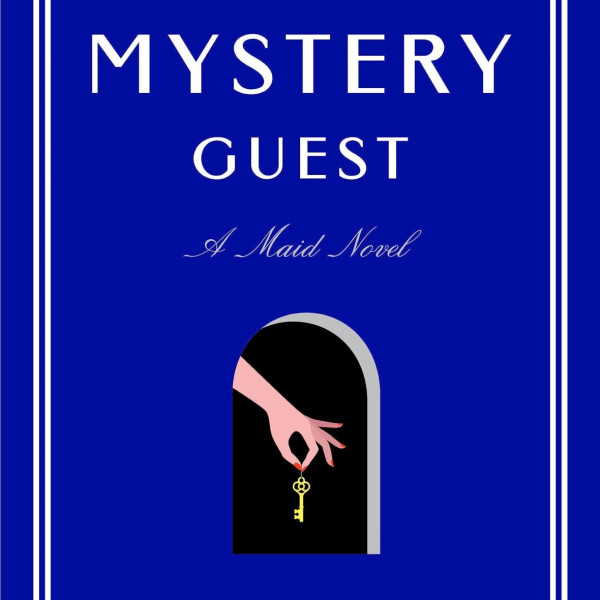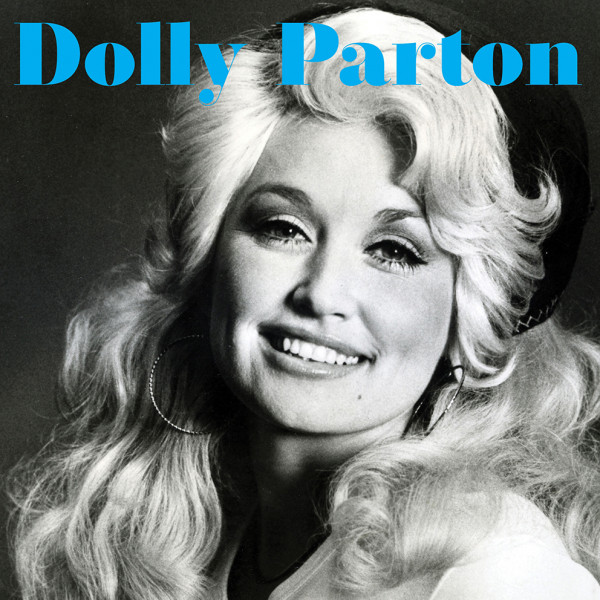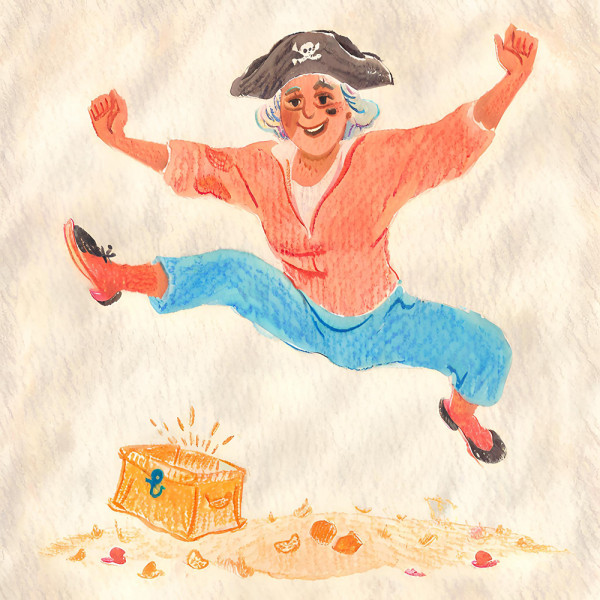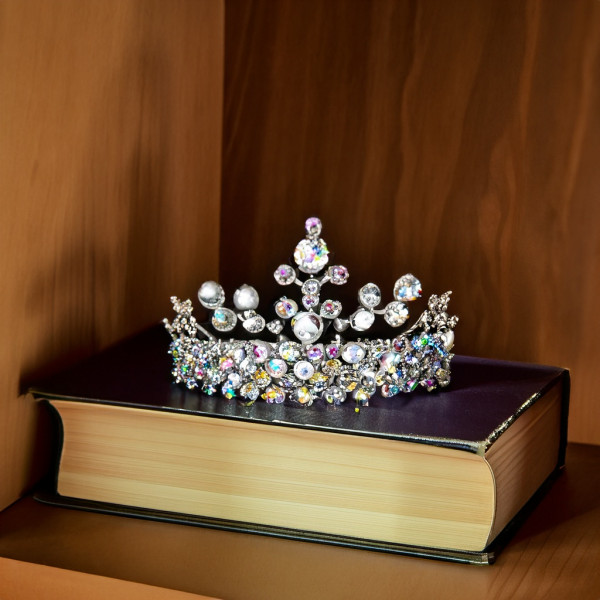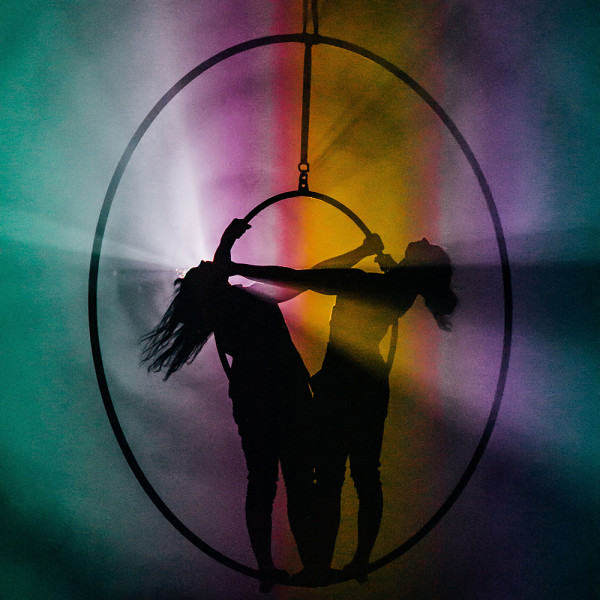
BELLE – A Performance of Air
Presented by: Movement Of The Human
Directed by: Malia Johnston
St James Theatre, 14th Mar 2024
Reviewed by: Madelaine Empson
Helmed by creative director Malia Johnston – known for her work on World of WearableArt™ and countless other innovative projects – BELLE was always going to be a standout production this Aotearoa New Zealand Festival of the Arts. Billed as a celebration of female strength and agility, it sees a cast of nine women (aerialists Imogen Stone, Katelyn Reed, Ellyce Bisson, and Rosita Hendry, and dancers Brydie Colquhoun, Jemima Smith, Anu Khapung, Nadiyah Akbar, and Aleeya Mcfadyen-Rew) float and fly, contort and convulse, levitate and palpitate to each precise, driving, swirling beat of Eden Mullholland’s stratospheric soundscape, composed in collaboration with Jol Mulholland and live musician Anita Clark, who weaves a throughline that magnetises us with her ethereal voice and virtuosic violin.
Rowan Pierce’s production design is an electric storm that wholly transforms the landscape, utilising smoke, strobe, and stunning special effects to create cinematic tableaus the likes of which I’ve not seen on stage before. The result is a breathtaking 55-minute optical illusion where dancers appear and reappear like magic, swallowed whole by haze only to reilluminate, suspended from the ceiling; engulfed by the pitch-black void to reanimate, stacked on shoulders, poised upside down in the box seats, coiled in apparatus designed especially for the show by inspired aerial choreographer Jenny Ritchie.
While there is no narrative, themes emerge for the viewer to interpret. I find myself thinking of control and oppression; ritual and camaraderie; birth, rebirth, and death; matriarchs and lunar cycles; and above all, the fearsome power of women. One scene that sees the cast walk to the front of the stage to circle a glowing, clear disc one by one, each interacting with it differently, doesn’t feel as striking or as intentional as the rest. But perhaps “what does it mean” isn’t the right question. Maybe the right question is, “was that real?” The staggering cast and creatives of BELLE breathe, heave, and electrify as one to convey Johnston’s extraordinary vision: one that I still can’t quite believe I’ve seen with my own two eyes.







